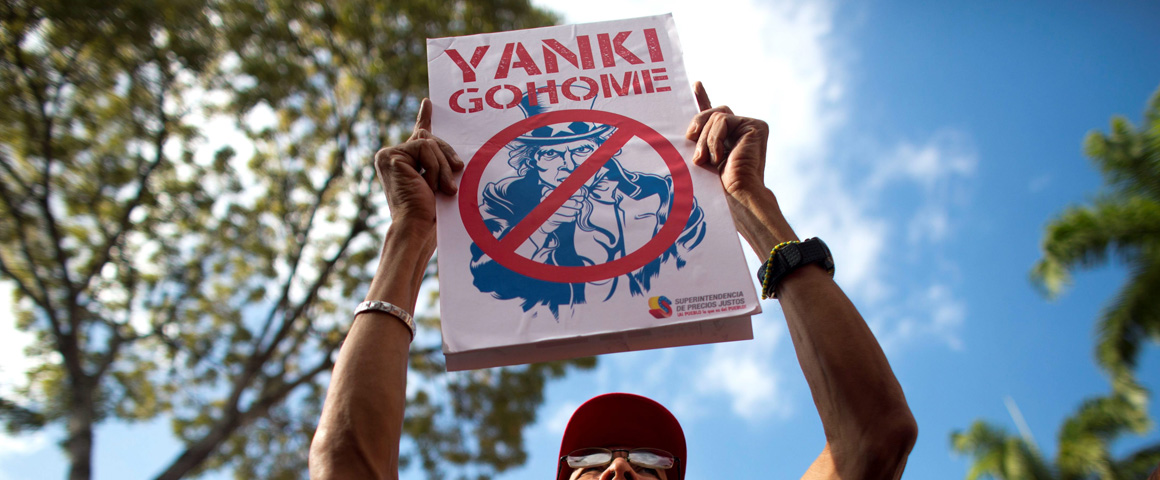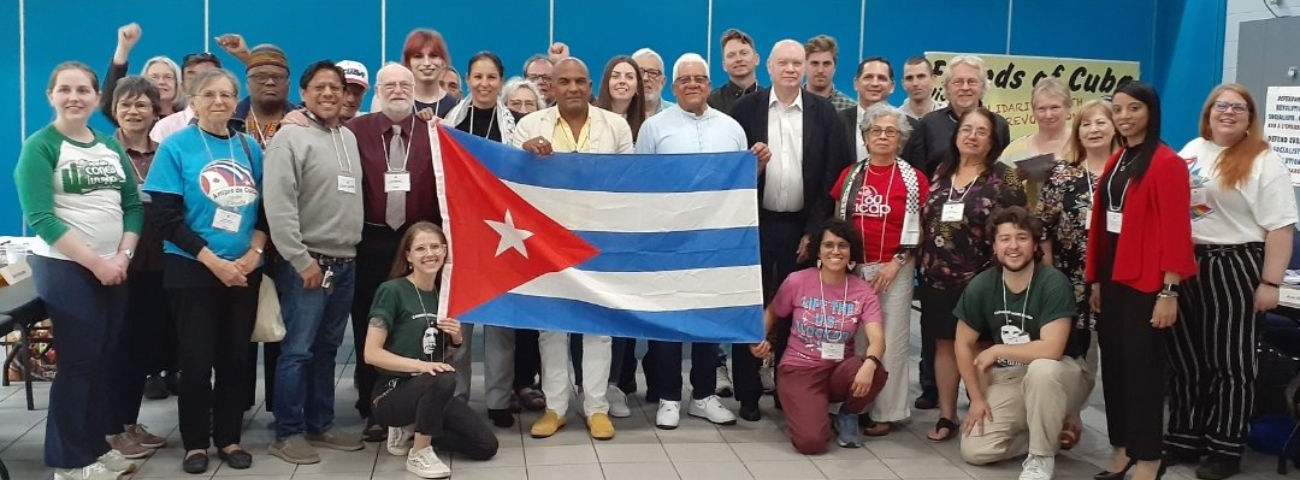Attempts at regime change in Venezuela have occurred since the Bolivarian Revolution initiated by the visionary Hugo Chavez was embraced by the majority of Venezuelans as well as many Latin Americans. The challenges have been carried out at times with violence and threats by an opposition typically instigated by the U.S. government.
The most severe challenge took place in 2002, when a coup forced Chavez out for a few hours until a large mass of supporters succeeded in reestablishing him in power. The latest is developing now, with a weak but vocal opposition conducting a drive for a referendum to recall President Nicolas Maduro from office.
Recalls from office of elected persons are legitimate as established in Article 72 of the Venezuelan constitution. In fact, a recall referendum tried to remove President Chavez in 2004. The attempt failed, with 58% of voters against the recall.
The current recall effort has additional issues even from the beginning of the process.
On August 9, Venezuela’s National Electoral Council (CNE) president, Tibisay Lucena, announced a detailed timeline for the different stages of the recall to take place. [1] Having received all the pertinent documentation on April 14 and having accepted the request on August 3, the next stage of the process will be held from October 24-30. During that time the opposition coalition Democratic Unity Roundtable (MUD for its acronym in Spanish), will have to collect 20% of signatures of all registered voters, representing 3.9 million people, so the recall process can actually proceed.
If the opposition succeeds, the recall referendum will happen three months later, in January 2017. That is the time required by law and by previous experience in order to comply with technicalities and verify all the signatures. This is what the opposition refused to accept, and proceeded to call the population to a “Take Caracas” march on September 1.
According to the Constitution of Venezuela, if the recall happens after January 10, Vice-President Aristobulo Isturiz, who has been appointed by Maduro, would take over as president for the rest of the term until elections at the end of 2018. Naturally the opposition wants the recall to take effect within this year so a national election can be called sooner.
Ironically, the main reason for the delay that the MUD coalition refuses to accept is fully their own responsibility. For the first three months of this year, the different factions could not agree on how to proceed. Some did not agree with the recall referendum, and this delayed the recall request until April 14. That is when the “legitimization” stage of the recall process began, and was concluded by the CNE on August 3. During this time a full verification by the CNE and corrections by the MUD coalition could be made in order to comply with the legal requirements. This stage is mostly to the benefit of the opposition, to ensure that they comply with the law and the request can proceed. On August 9 the full chronology of the next stage for the collection of the 20% of voters’ signatures was laid out.
There is nothing unusual in the careful planning, attention to details, and legality of a process as critical as a recall referendum taken by the CNE. This is necessary to guarantee that the rights of those who have expressed their political choice for a president through a legitimate electoral process are regarded as equally important as the rights of those requesting the referendum.
The “Take Caracas” rally on September 1 was matched by a pro-government rally to “Take Venezuela” peacefully. The rallies had bouts of violence, with masked individuals trying to break a security barrier. At least four individuals were arrested for throwing objects at security forces.
In reference to the misinterpretation of these events, the Venezuelan foreign minister, Delcy Rodríguez, declared that “there were no more than 30,000 people in the [opposition] rally, and that is a reality that the international media refuses to recognize.” [2] This is not new, but the direct foreign intervention in Venezuela’s internal affairs is far more insidious.
From the international arena point of view, the U.S. Empire is in an unprecedented aggressive campaign towards regime changes in many regions. The official line is “to bring democracy” to the world. The truth is that the military industrial complex is a voracious machine that needs to be kept oiled (quite literally) in order to keep the U.S. economy running. All access roads to oil and other resources must be kept open and controlled. That can only be achieved with ideologically submissive governments. This is particularly true in oil-rich and politically progressive Venezuela.
The relentless aim at regime changes in “unfriendly” countries is today the main strategy of U.S. foreign policy. The U.S. government has an array of political and real weapons at its disposal to achieve its goal, from brutal wars in the Middle East, to so-called “soft” coups in Latin America, some of which were reported in this paper. [3]
We are witnessing a U.S. sponsored “soft” coup in Venezuela. As Delcy Rodríguez stated to Russia Today on September 1, “Today Venezuela defeated a coup that has the imperial stamp; it has the stamp of Washington.” [4]
Emboldened by winning a majority of seats in the National Assembly in the 2015 elections and by the tacit support of the U.S. government, the Venezuelan right-wing refuses to accept the democratic process and the rule of law, and continues to incite the population with the aim of destabilizing the country.
As we write, the MUD coalition is calling another manifestation on the streets, this time in other cities. Venezuelans are being warned and security is on alert. [5]
The opposition forces are bent on using aggressive provocations in the hope of creating violence that would have to be stopped, and then accusing the Maduro government of “repression”. This undemocratic tactic did not happen on September 1. Two realistic interpretations are possible: 1) The Venezuelan people have chosen to reject violence, thus becoming the true victors; 2) the Bolivarian Revolution is firmly committed to a respectful democratic process, a sign of maturity and conscience of the Venezuelan people. But Venezuelans must be vigilant.
[1] http://www.cne.gov.ve/web/imagen/publicidad/2016/presentacion.pdf
[2] http://www.noticiasaldiayalahora.co/delcy-rodriguez-no-llegaron-a-30-000-en-la-marcha/
[3] https://pvonline.ca/2016/06/01/obamas-new-u-s-foreign-policy-latin-america/
[4] https://actualidad.rt.com/actualidad/217763-canciller-venezuela-rt-derrotar-golpe-washington




